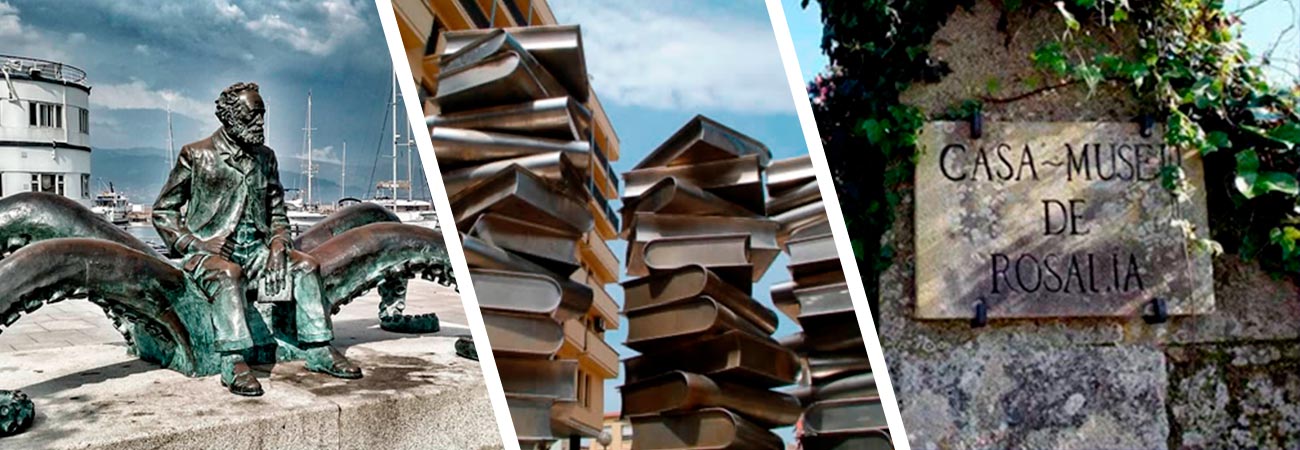Aims & Scope

This project is concerned with the study of three peninsular peripheral literatures with their own language (Catalan, Galician and Basque) and is limited to a specific time frame: the last fifty years, from the transition to democracy to the present, a period when these communities have been able to shape their own cultural system both at the administrative and political level.
Our ESCORE project starts from the hypotheses that in these communities Literature – beyond its aesthetic function and after having lost the cultural hegemony it enjoyed in other times– continues to play an important role in the management of group identities and, therefore, it performs an important collective and political role. Literature, besides its aesthetic function, has a social function in the construction of identities that must be studied in its mechanisms and in its consequences to understand how societies justify themselves culturally. Literature continues to be central to those cultural systems –such as those of peninsular peripheral literatures– that have not “completed” their national journey. Stemming from this double hypothesis, a third idea develops and expands our focus: the dynamics of collective literary symbolization end up including the external, foreign or international (the Other, the heterogeneous), either in a sense of comparison and imitation or by consideration of how writers from other traditions are related to the national one.
ESCORE investigates these issues in three peripheral literatures with co-official languages (Catalan, Galician and Basque) in the Peninsula in the belief that being aware of the collective mechanisms of symbolization and commemoration is an important step towards being able to create societies that, without losing their cohesion, show themselves to be inclusive of other traditions. To this end, the project has established its field of research around the following axes:
- The collective representativeness attributed to writers and the literary
- Case studies on the impact of centenaries and commemorations and institutional dissemination strategies
- Endogenous and exogenous dynamics of literary institutionalization (national, peninsular and international systems)
It is harder to honor anonymous people tan celebrities.
Historical construction should be devoted to the memory of those lacking a name.
Walter Benjamin
